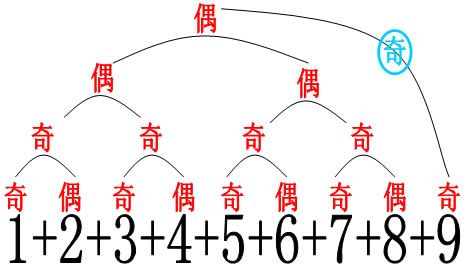(单词翻译:单击)

Even Number and Odd Numbers
偶数和奇数
As a rule in day-to-day life in China, it is customary to regard even numbers as being more auspicious than odd numbers. In China,traditionally gifts are given as a part of the celebration for all occasions. Thus, guests will always give even-numbered presents. As the number two,usually suggests germination and harmony, at wedding celebrations, decorations are invariably setout in pairs: a pair of red candles, a pair of pillows, and couplets hung on two sides of the hall. Six, pronounced as "Liu", conveys indirectly its homophon's meaning—Do everything smoothly; and eight in Chinese has a similar sound to "Fa",which means to make a fortune. All business men favor this number very much. However four, is the exception to the even number rule as it sounds like "Si" (death). So when people choose car license tags, phone numbers, and room numbers, they try to avoid it.
由于在中国日常生活中的规则,习惯把偶数视为比奇数更吉祥。在中国,传统的礼品是各种场合庆祝的一部分。因此,客人总会给偶数礼物。由于数字二,通常暗示萌发与和谐,在婚礼庆典中,装饰都不约而同地做成成对:一对红色的蜡烛,一对枕头,和一对对联挂在大厅的两侧。六,发音为“流”,间接表达其同音的意思是,一切顺利;而在中国,8也有类似的发音,以“发”,这意味着发财。非常多商务男士青睐这个数字。然而四则是偶数规则的例外,因为它听起来像“死”(死亡)。所以,当人们选择汽车牌照,电话号码和房间号码时,他们尽量避免它。


